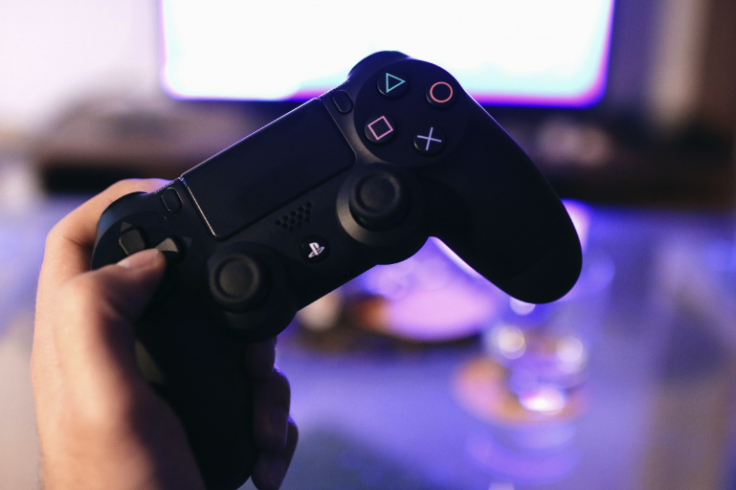
In an attempt to curb video game addiction, China has imposed a curfew and a number of other restrictions for gamers under the age of 18. A new Chinese law, which came into effect on Tuesday, has introduced a strict set of guidelines for young gamers, with everyone under the age of 18 now prohibited from playing video games between 10pm and 8 am. They are also not allowed to play more than 90 minutes on weekdays and three hours on weekends and holidays.
China's National Press and Publication Administration announced the regulations with the intention to curb video game addiction among the younger generation, which top officials believe is the root cause of a sharp rise in nearsightedness and poor academic performance in the country, according to the New York Times. "These problems affect the physical and mental health of minors, as well as their normal learning and living," the National Press and Publication Administration said in a statement to a local news agency.
The new regulations also place restrictions on the amount of money minors can spend on micro-transactions or in-app purchases like weapons and clothes depending on their age. While gamers aged between eight and 16 years old can only spend 200 yuan ($29) a month, spends of those in the 16 to 18 age range are capped at 400 yuan ($57). The new guidelines are targeted at adult gamers as well. According to a state spokesperson, all gamers, irrespective of age, are prohibited from playing video games that depict "sexual explicitness, goriness, violence and gambling."
The regulations also require everyone to use their real names and phone numbers to register accounts for online games, which will allow government officials to keep track of the amount of time gamers spend playing. The new guidelines are China's latest move in an ongoing campaign to increase regulation of the gaming industry to reduce video game addiction, which was officially recognized as a mental health condition by the World Health Organization adding the disorder to the International Classification of Diseases, or the ICD-11, the organization's official diagnostic manual in 2018.
Under this categorization, simply playing video games isn't taken seriously but if a person plays the game without social contact for 12 months at a stretch, WHO defined such gaming disorder as a "pattern of persistent or recurrent gaming behavior" in which people lose control of their gaming behavior, give priority to gaming over other interests and activities, and continue gaming despite negative consequences, such as impairments in their family relationships, social lives, work duties or other areas.
However, this move has been anticipated by gaming companies like including Tencent and Netease, which have already imposed limits on younger users.









